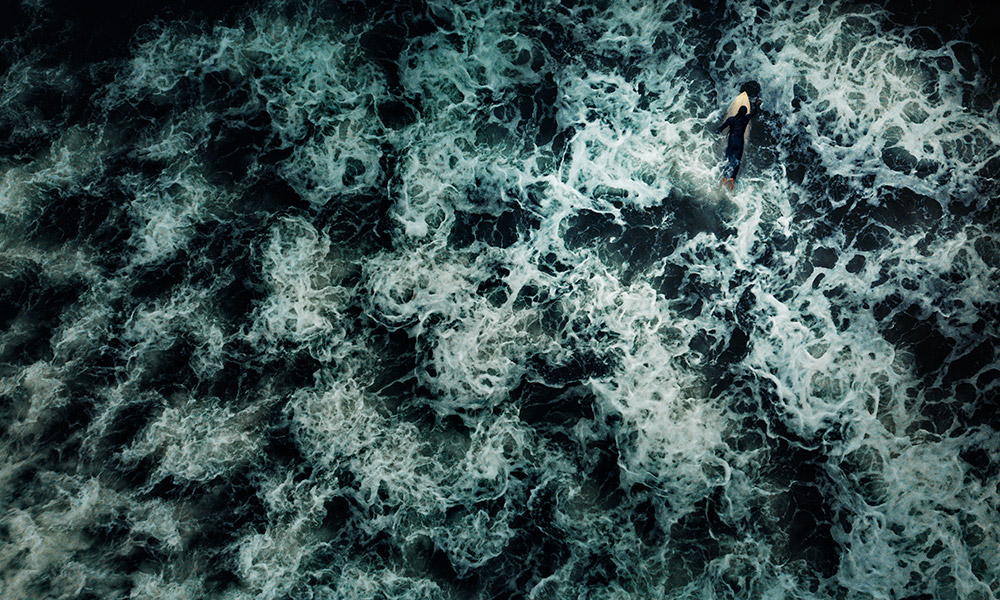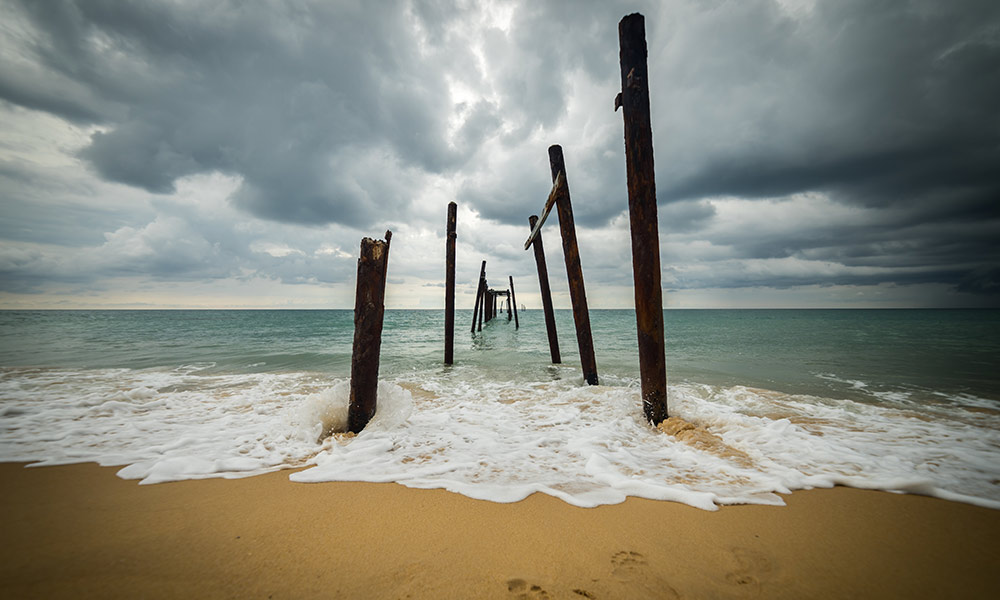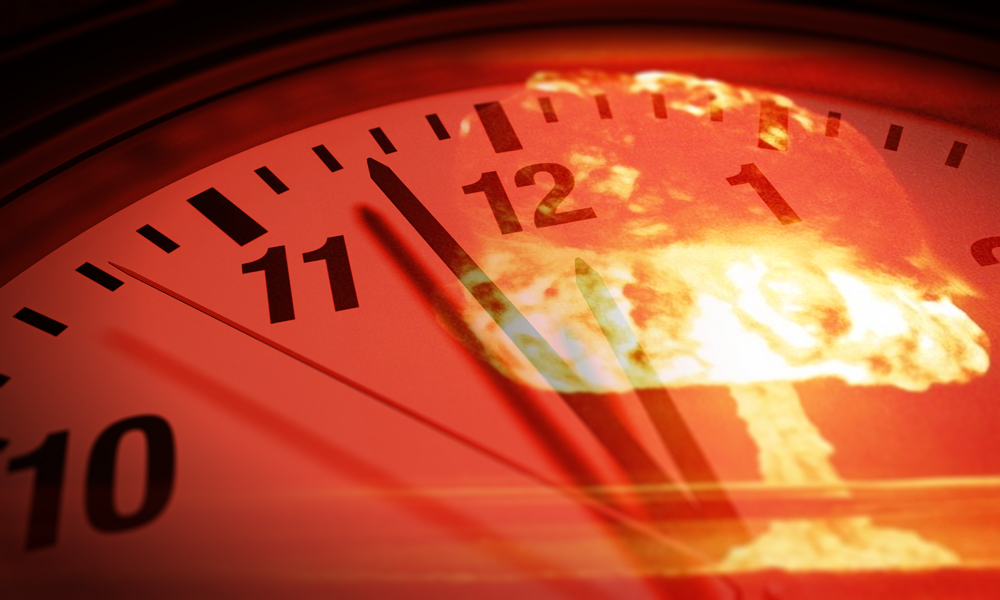
Science & Technology
New view of how ocean ‘pumps’ impact climate change
April 25, 2019
A new Rochester study has found that factors such as wind, currents, and even small fish play a larger role in transferring carbon from the Earth's atmosphere to the deep oceans than previously thought.




